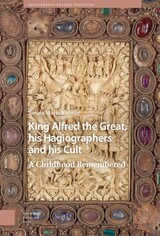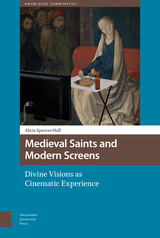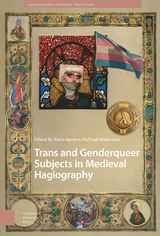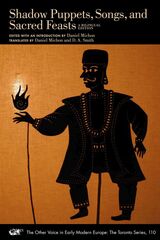


Read Alicia Spencer-Hall's keynote paper 'Hagiography, Media, and the Politics of Visibility' from the Gender and Medieval Studies conference in Oxford on her blog Medieval She Wrote.

This pioneering monograph provocatively explodes current research paradigms for the modern and the medieval by showing that Twitter shares key similarities with medieval literary forms, texts, and narrative techniques. Analyzing tweets with medieval texts, and vice versa, Spencer-Hall initiates readers into an innovative methodology of interdisciplinary literary criticism, posing vital questions about the politics of medievalism today. Chapters include brand-new readings of The Owl and the Nightingale, the Chastelaine de Vergi, and Marie de France’s Laüstic, and arresting insights into troubadour style, Margery Kempe, and #MedievalTwitter. The book culminates in a medieval(ist) reading of Twitter’s premature demise, and Elon Musk’s medievalism. Throughout, points of contact and divergence are dissected, re-contextualizing the socio-cultural meaning of communication and texts across the temporal divide.

READERS
Browse our collection.
PUBLISHERS
See BiblioVault's publisher services.
STUDENT SERVICES
Files for college accessibility offices.
UChicago Accessibility Resources
home | accessibility | search | about | contact us
BiblioVault ® 2001 - 2025
The University of Chicago Press









